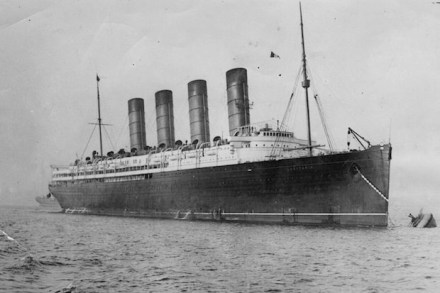The Spectator at war: Defending international law
From ‘The United States and Germany’, The Spectator, 12 June 1915: THE resignation of Mr. Bryan, the powerful American Secretary of State, which took the United States by surprise, must of course affect considerably the methods by which the American Cabinet will conduct their negotiations with Germany. Mr. Bryan, as he has in effect told
















